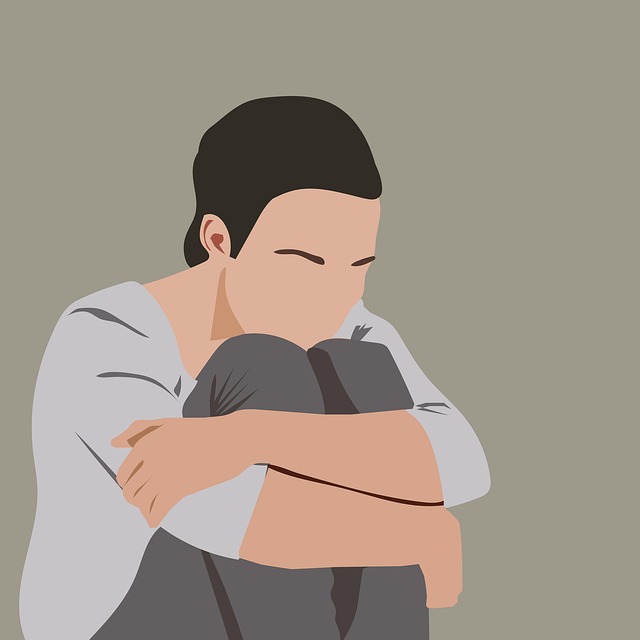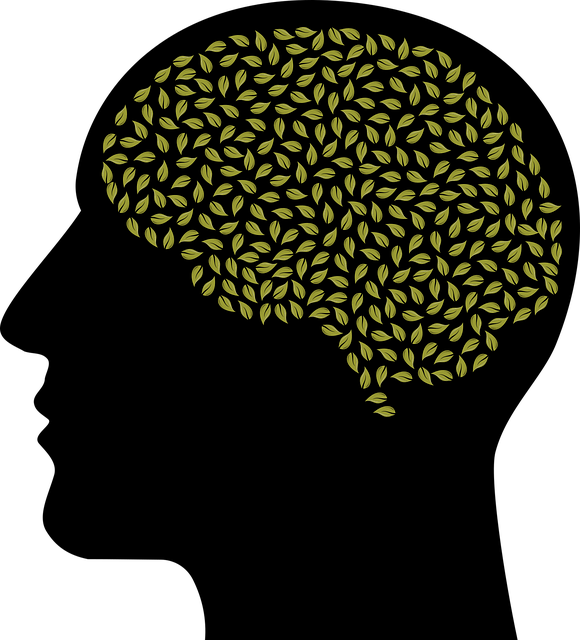Mental wellness is a holistic state encompassing emotional, psychological, and social health, crucial for coping with life's stresses and realizing potential. Lone Tree Divorce Therapy offers transformative programs for individuals facing divorce, focusing on building confidence, mental health education, and empathy development. These tools enable stress management, improved communication, and fostering supportive relationships, leading to happier, more fulfilling lives. Through safe spaces, clients process emotions, navigate separation complexities, and build resilience. Self-care practices like exercise and mindfulness are recommended during and after divorce. Lone Tree Divorce Therapy provides structured daily habits for emotional health and professional help with tailored communication strategies and stress management tools. Their holistic approach emphasizes mental wellness as integral to overall well-being through specialized programs and an educational podcast series.
Mental wellness is a cornerstone of overall health, yet it’s often overlooked. This comprehensive guide explores various aspects of mental wellness promotion, with a specific focus on post-divorce healing. We delve into the profound impact of divorce on individuals, highlighting the critical role of therapy and self-care strategies. Additionally, we introduce building resilience as a key coping mechanism for moving forward. For a holistic approach, discover how Lone Tree Divorce Therapy offers tailored support, addressing unique challenges with empathy and expertise.
- Understanding Mental Wellness and Its Impact on Individuals
- The Role of Therapy in Promoting Mental Health Post Divorce
- Strategies for Self-Care During and After a Divorce
- Building Resilience: Coping Mechanisms for Moving Forward
- Lone Tree Divorce Therapy: A Holistic Approach to Healing
Understanding Mental Wellness and Its Impact on Individuals

Mental wellness goes beyond the absence of mental illness; it’s a state of well-being where an individual realizes their potential, can cope with normal life stresses, and can work productively and fruitfully. It encompasses emotional, psychological, and social health, influencing how we think, feel, and act in various aspects of our lives. For many individuals navigating challenging situations like divorce, seeking Lone Tree Divorce Therapy can be a crucial step towards cultivating mental wellness.
Promoting mental wellness is essential for fostering resilience, enhancing quality of life, and reducing the risk of developing mental health disorders. Through initiatives such as Confidence Boosting programs, Mental Health Education, and empathy-building strategies, individuals can gain valuable tools to manage stress, improve communication, and build supportive relationships. These interventions not only aid in coping with life transitions like divorce but also empower people to lead happier, more fulfilling lives.
The Role of Therapy in Promoting Mental Health Post Divorce

After a divorce, many individuals face significant emotional challenges that can impact their overall mental wellness. This is where Lone Tree Divorce Therapy plays a pivotal role in providing much-needed support. Therapy offers a safe space for individuals to process their feelings, navigate through the complexities of the separation, and begin the journey of healing. Through professional guidance, clients can develop coping strategies tailored to their unique experiences, fostering resilience and inner strength development.
The process is not merely about overcoming immediate distress but also focuses on long-term mental wellness coaching programs. Therapists help individuals understand the underlying issues contributing to their emotional state, whether it’s dealing with feelings of loneliness, anger, or adjusting to a new lifestyle. By addressing these concerns, therapy can prevent or mitigate conditions like depression, ensuring that those going through divorce have the tools to rebuild their lives and cultivate lasting mental wellness.
Strategies for Self-Care During and After a Divorce

Divorce is a significant life change that can take a toll on mental wellness. During and after this process, self-care becomes even more critical. The first step in promoting mental wellness during a divorce is to acknowledge and accept one’s emotions. It’s natural to experience a range of feelings, from sadness and anger to confusion and fear. Allow yourself to feel these emotions without judgment; this doesn’t mean you have to wallow in them but rather accept and process them healthily. Engaging in self-care practices like exercise, mindfulness, or creative outlets can help manage stress and improve overall well-being during this challenging time.
After the divorce is finalized, maintaining self-care routines becomes a cornerstone of rebuilding mental resilience. Lone Tree Divorce Therapy recommends establishing structured daily habits that support emotional health. This might include setting aside dedicated time for relaxation, pursuing hobbies, or connecting with supportive friends and family. Additionally, seeking professional help through mental wellness coaching programs or therapy sessions can provide valuable communication strategies and stress management tools tailored to your needs.
Building Resilience: Coping Mechanisms for Moving Forward

Building resilience is a crucial aspect of mental wellness promotion, especially after traumatic events like divorce. Lone Tree Divorce Therapy emphasizes the importance of developing effective coping mechanisms to navigate life’s challenges. Through specialized therapy programs, individuals learn to process their emotions and adapt to change, fostering mental agility and emotional healing.
Mental Health Education Programs Design tailored for post-divorce situations can equip people with valuable tools. These programs focus on teaching participants how to assess risk factors and implement healthy coping strategies, enabling them to manage stress and prevent potential mental health issues. By integrating these processes into their lives, individuals can build a sturdy foundation of resilience, ensuring they are better equipped to face future challenges and foster long-term well-being.
Lone Tree Divorce Therapy: A Holistic Approach to Healing

Lone Tree Divorce Therapy offers a unique and holistic approach to healing during and after divorce. This innovative program recognizes that mental wellness is integral to overall well-being, addressing not just the emotional aspects but also the practical needs of individuals navigating this life transition. By incorporating various therapeutic techniques, the therapy series provides a comprehensive support system.
The Mental Wellness Podcast Series produced by Lone Tree Divorce Therapy introduces powerful communication strategies and burnout prevention techniques tailored for healthcare providers. These episodes aim to educate and empower individuals to manage stress, improve resilience, and maintain mental wellness. In light of the challenges divorce brings, this approach ensures that healing is not just a process but a sustainable journey towards personal growth.
Mental wellness is a crucial aspect of life, especially during and after challenging periods such as divorce. As discussed in this article, understanding mental wellness and its impact is the first step towards healing. The role of therapy, specifically at Lone Tree Divorce Therapy, offers a holistic approach to promote mental health by providing strategies for self-care and building resilience. By adopting these practices, individuals can navigate their emotional journeys more effectively, ensuring they emerge stronger and better equipped to face life’s challenges ahead.














